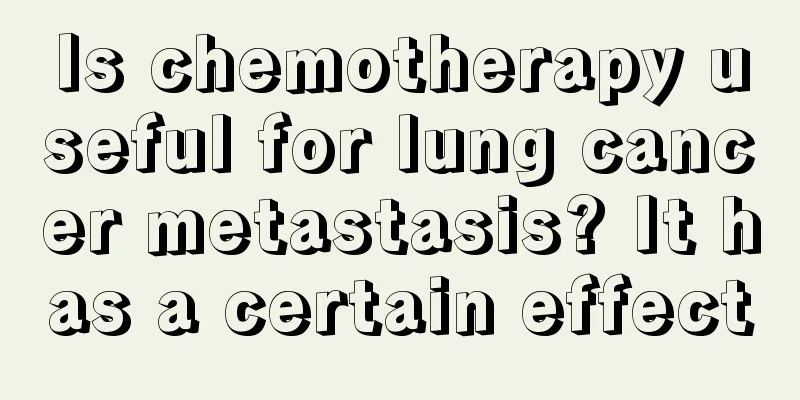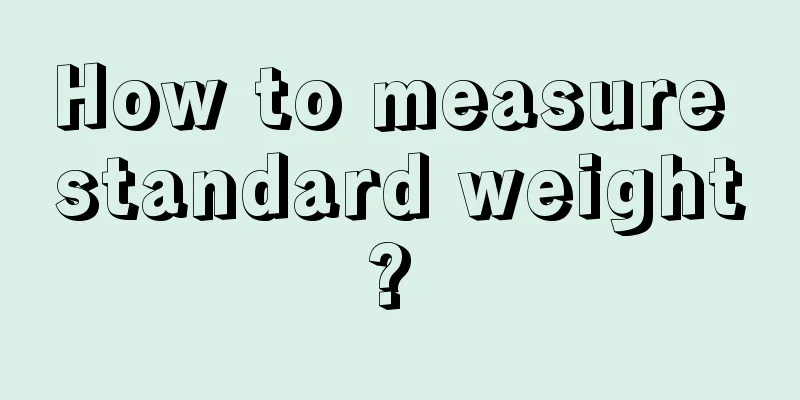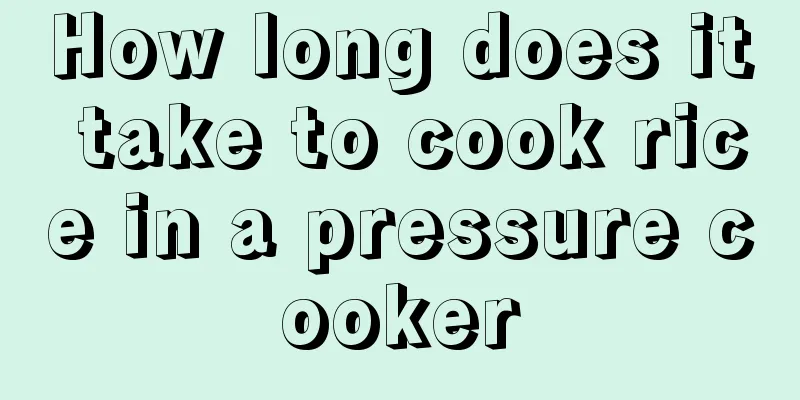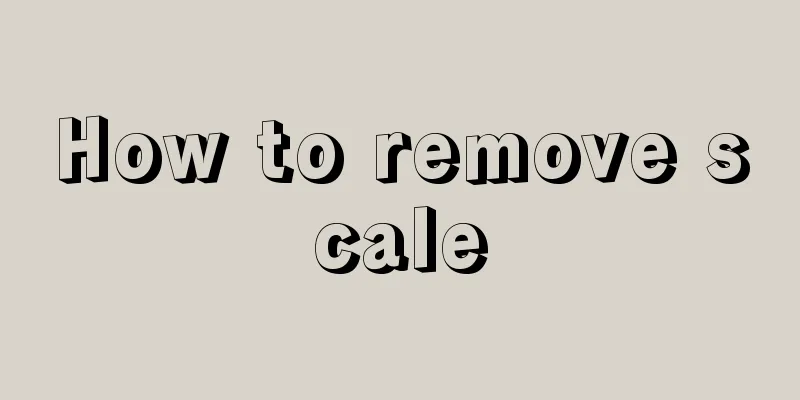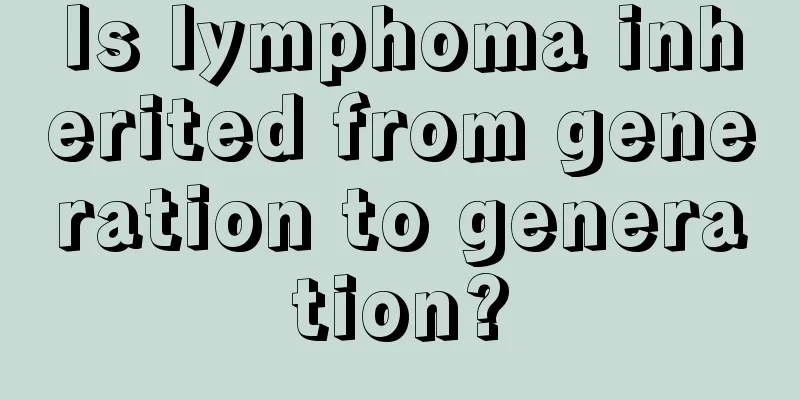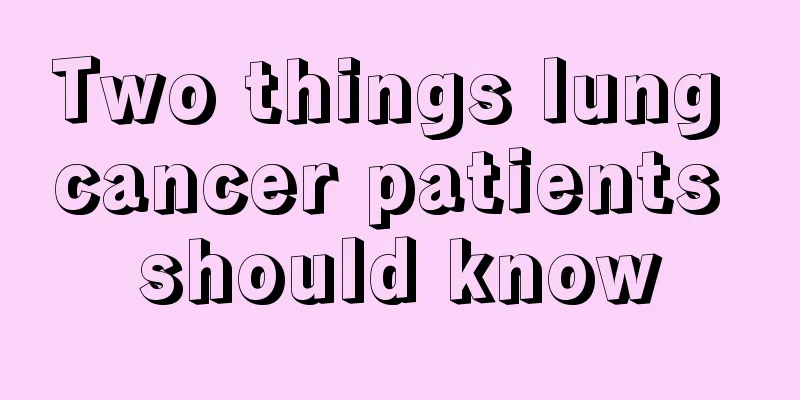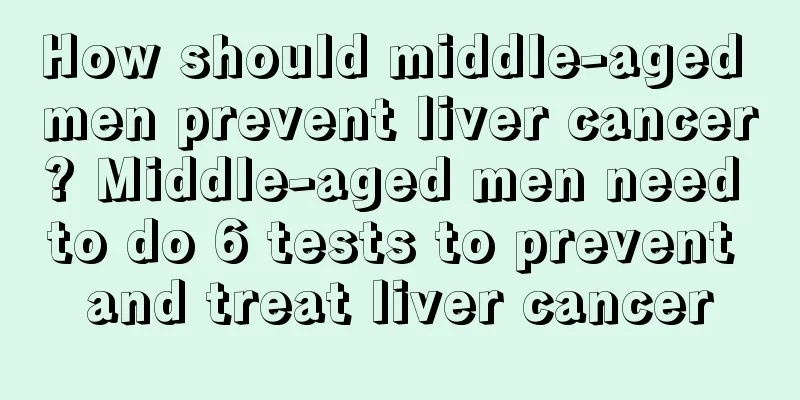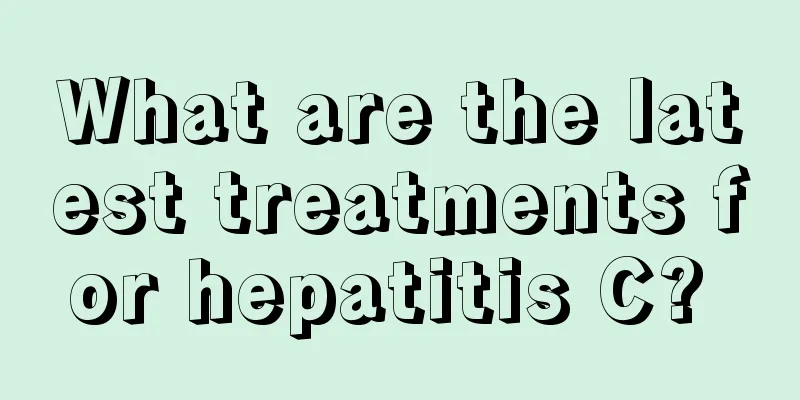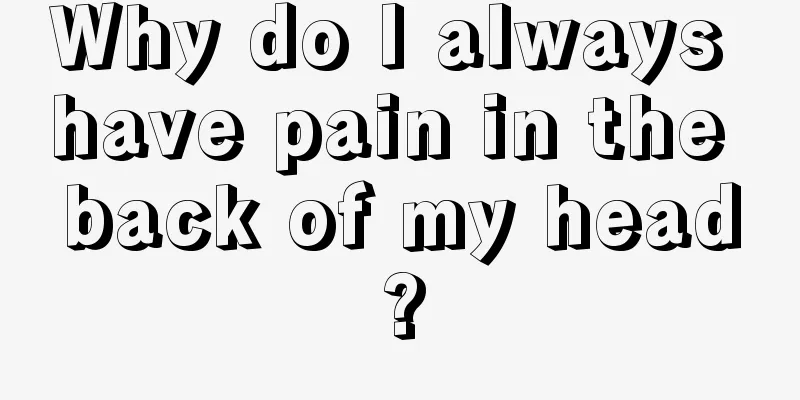What to do if your sinus rhythm is too fast? Here are 3 treatment methods
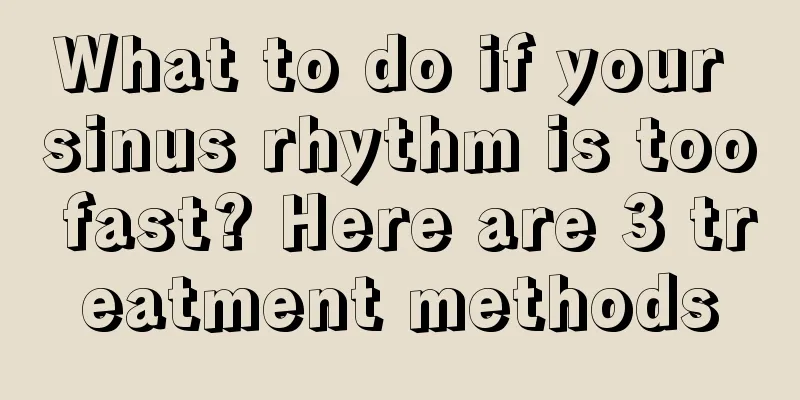
|
The harm of sinus tachycardia is immeasurable, and if not treated in time, it may endanger life safety. Experts say the best way to treat this disease is to prescribe the right medicine for the cause. If the situation is urgent, you can use tranquilizers. During treatment, you should maintain a good mood and not be nervous or afraid. 1. Pathological factors (1) Heart failure: Especially in the early stages of heart failure, the heart rate often increases. (2) Hyperthyroidism: Most patients with hyperthyroidism have sinus tachycardia, with a heart rate generally between 100 and 120 beats/min. In severe cases, the heart rate can reach 120 to 140 beats/min. (3) Acute myocardial infarction: During the course of acute myocardial infarction, the incidence of sinus tachycardia can reach 30% to 40%. (4) Shock: Shock can cause sinus tachycardia. In mild shock, the heart rate can reach over 100 beats/min; in severe shock, the heart rate is even faster, exceeding 120 beats/min. (5) Acute myocarditis: Most patients may experience sinus tachycardia that is disproportionate to the increase in body temperature. (6) Other organic heart diseases: all may cause sinus tachycardia. (7) Sinus tachycardia may occur in cases of anemia, fever, infection, hypoxia, autonomic dysfunction, and after cardiac surgery. (8) Drugs: epinephrine and atropine can also cause sinus tachycardia. II. Treatment Treatment is mainly directed at the cause, and sedatives or beta-blockers may be used if necessary. 1. The treatment of sinus tachycardia should focus on treating the primary disease, supplemented by symptomatic treatment when necessary. For sinus tachycardia caused by congestive heart failure, digitalis preparations, diuretics and vasodilators can be used. Correction of sinus tachycardia is often used as one of the indicators for controlling left heart failure. 2. In the treatment of sinus tachycardia not caused by heart failure, such as sinus tachycardia caused by hyperthyroidism, the use of digitalis cannot slow the heart rate. Note: Digitalis overdose can also cause sinus tachycardia. For patients with sinus tachycardia caused mainly by sympathetic nerve excitement and increased catecholamines, beta-blockers, sedatives, etc. can be used. 3. For the treatment of patients with acute myocardial infarction, when there is no obvious heart failure and the sinus rate is continuously >110 beats/min, in order to slow down the heart rate, a small dose of beta-blockers (such as oral atenolol 6.25-12.5 mg) or calcium channel blockers (such as oral diltiazem 15-30 mg) can be temporarily tried, and they can be taken once every 8-12 hours if needed. Sinus tachycardia secondary to left heart failure should be treated primarily for heart failure. |
<<: Itchy and bloody nose? It turns out that these are the reasons that caused it!
>>: What to do if the sides of the nose are red? It is crucial to stick to these methods
Recommend
Can the seeds in okra be eaten?
Many people have heard of okra and have eaten it,...
What can I do with expired yogurt?
I believe that many people have drunk yogurt in t...
What to do if you fall asleep easily in class
Falling asleep in class is a problem that most st...
Is there a clever way to remove the hair from loquat leaves?
Loquat leaves are a well-known Chinese medicinal ...
How much is the cost of treating nasopharyngeal cancer and how to treat it
How much does nasopharyngeal cancer cost to treat...
What causes coughing and bleeding? These diseases are the most common
If you cough in the middle of the night and have ...
Symptoms of inferior wall myocardial infarction
The health of the heart is an aspect that people ...
Is it okay to pierce your ears with your hair?
In daily life, many people may have this little h...
The skin color of elbows and knees becomes darker. Rubbing vigorously in the shower may backfire.
Many friends will gradually find that the skin on...
What should patients with esophageal cancer pay attention to in their diet
In order to ensure smooth chemotherapy, esophagea...
What is the reason for long white shifts on the body
In daily life, I believe that many people have so...
Fungus varieties
Black fungus is a common ingredient and is sold i...
Is tussah silk harmful? What is the difference between it and mulberry silk?
Tussah is one of the commonly used raw materials ...
Three itchy spots in the early stages of cervical cancer
There are no specific three itching symptoms in t...
Blurred eyes: Could it be a sign of advanced liver cancer?
In clinical medicine, there are many different sy...
